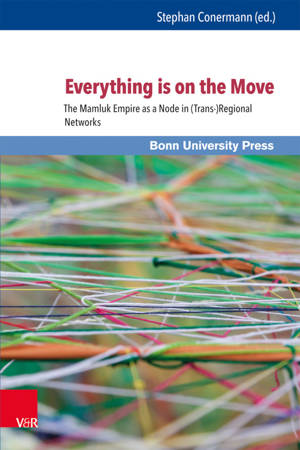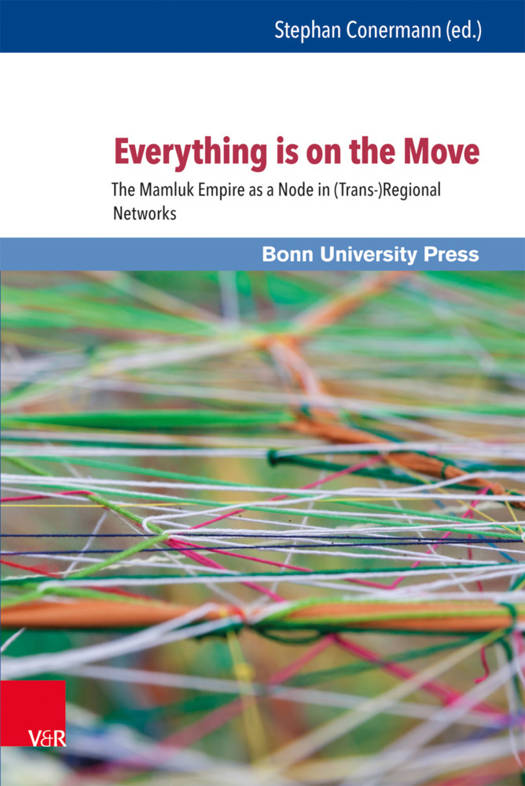
Bedankt voor het vertrouwen het afgelopen jaar! Om jou te bedanken bieden we GRATIS verzending (in België) aan op alles gedurende de hele maand januari.
- Afhalen na 1 uur in een winkel met voorraad
- In januari gratis thuislevering in België
- Ruim aanbod met 7 miljoen producten
Bedankt voor het vertrouwen het afgelopen jaar! Om jou te bedanken bieden we GRATIS verzending (in België) aan op alles gedurende de hele maand januari.
- Afhalen na 1 uur in een winkel met voorraad
- In januari gratis thuislevering in België
- Ruim aanbod met 7 miljoen producten
Zoeken
Everything Is on the Move
The Mamluk Empire as a Node in (Trans-)Regional Networks
€ 65,99
+ 131 punten
Omschrijving
In this volume, we try to understand the "Mamluk Empire" not as a confined space but as a region where several nodes of different networks existed side-by-side and at the same time. In our opinion, these networks constitute to a great extent the core of the so-called Mamluk society; they form the basis of the social order. Following, in part, concepts refined in the New Area Studies, recent reflections about the phenomenon of the "Empire - State", trajectories in today's Global History, and the spatial turn in modern historiography, we intend to identify a number of physical and cognitive networks with one or more nodes in Mamluk-controlled territories. In addition to this, one of the most important analytical questions would be to define the role of these networks in Mamluk society.
Specificaties
Betrokkenen
- Uitgeverij:
Inhoud
- Aantal bladzijden:
- 353
- Taal:
- Engels
- Reeks:
- Reeksnummer:
- nr. 7
Eigenschappen
- Productcode (EAN):
- 9783847102748
- Verschijningsdatum:
- 13/08/2014
- Uitvoering:
- Hardcover
- Formaat:
- Genaaid
- Afmetingen:
- 160 mm x 236 mm
- Gewicht:
- 635 g

Alleen bij Standaard Boekhandel
+ 131 punten op je klantenkaart van Standaard Boekhandel
Beoordelingen
We publiceren alleen reviews die voldoen aan de voorwaarden voor reviews. Bekijk onze voorwaarden voor reviews.








